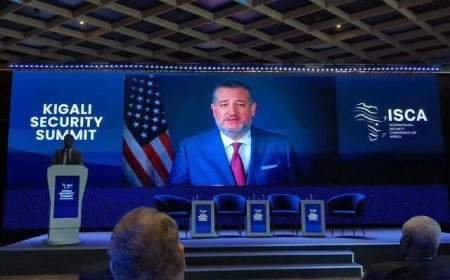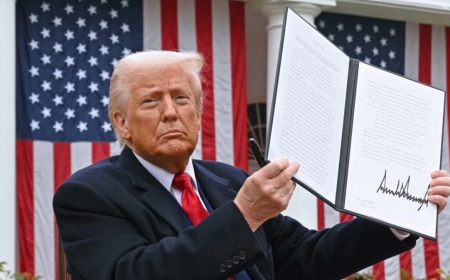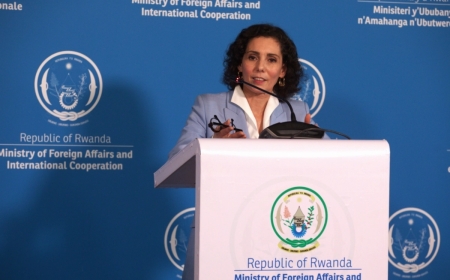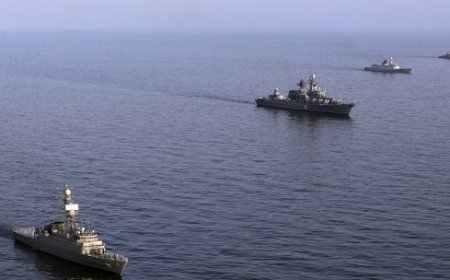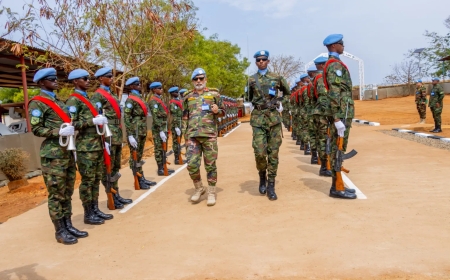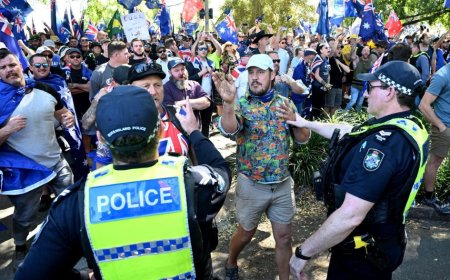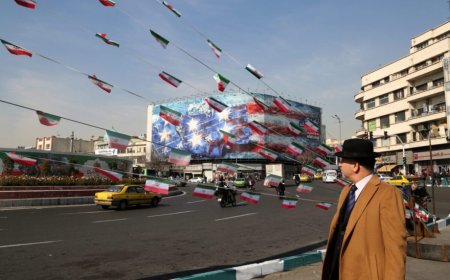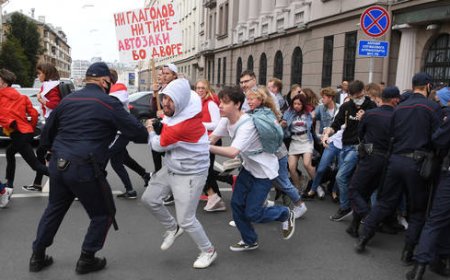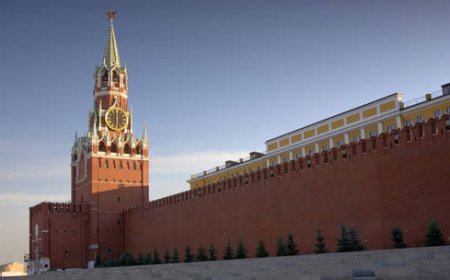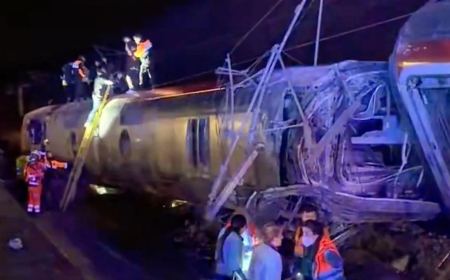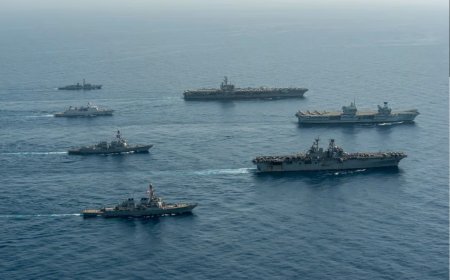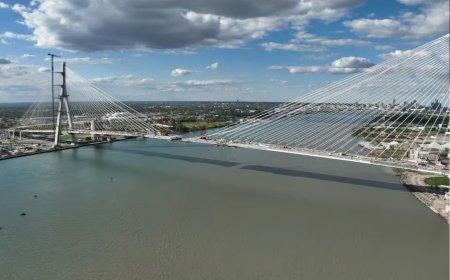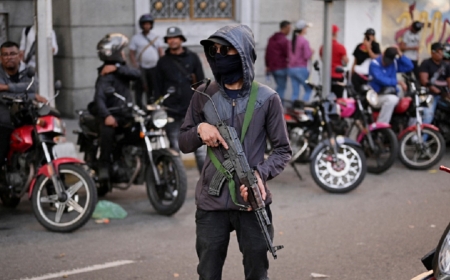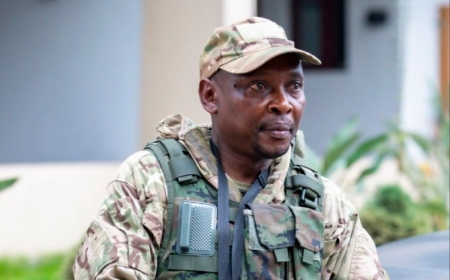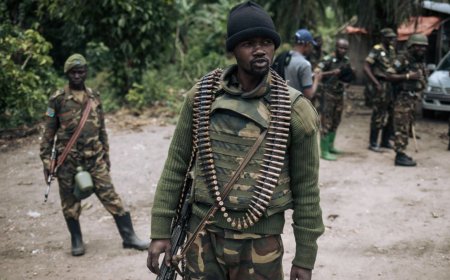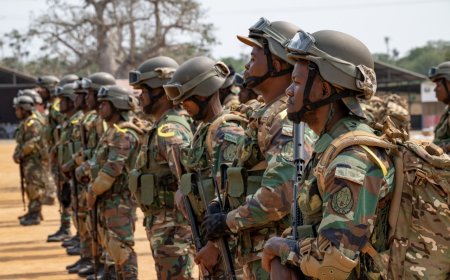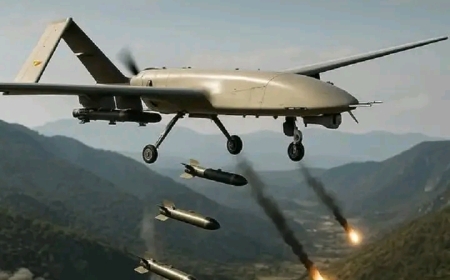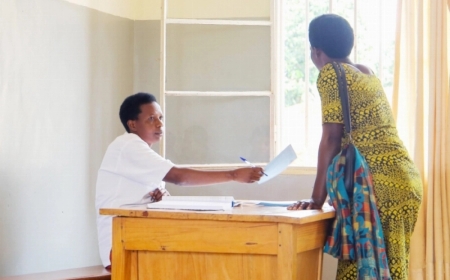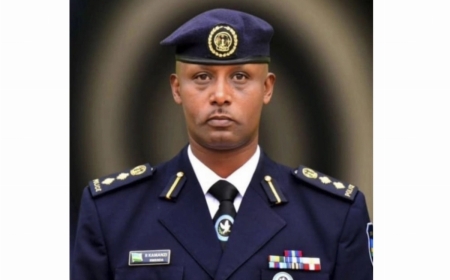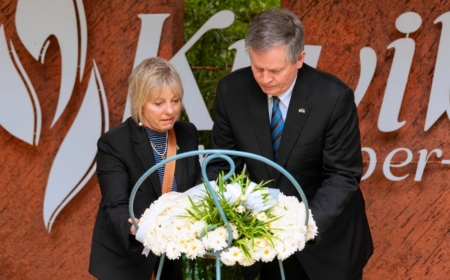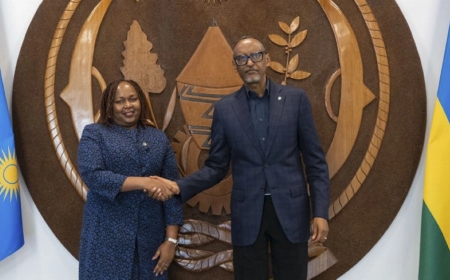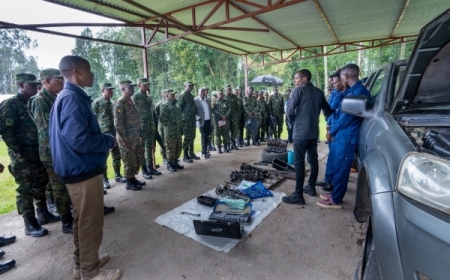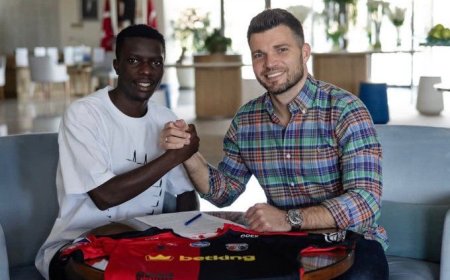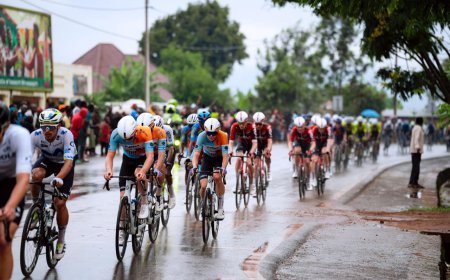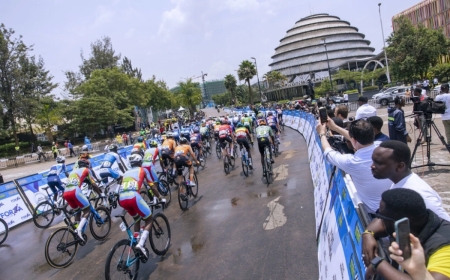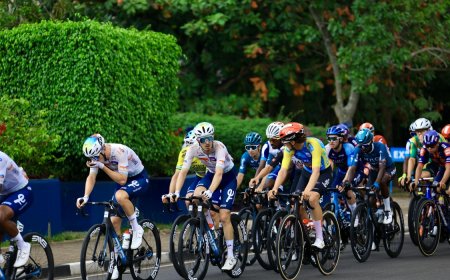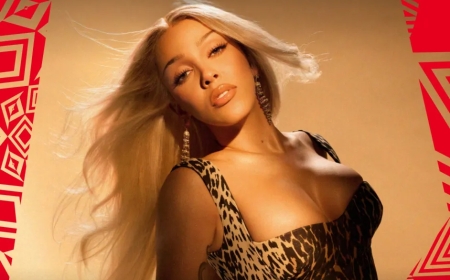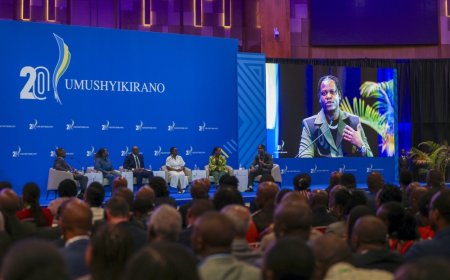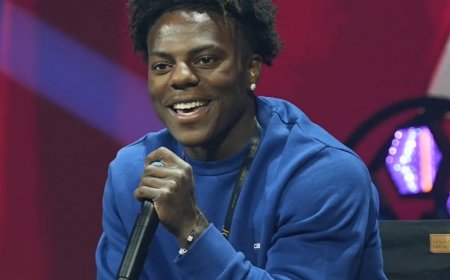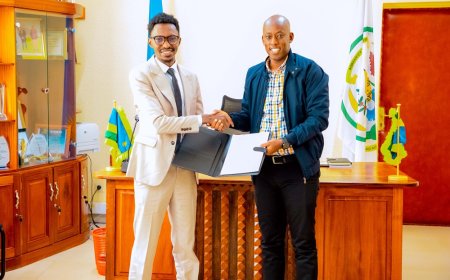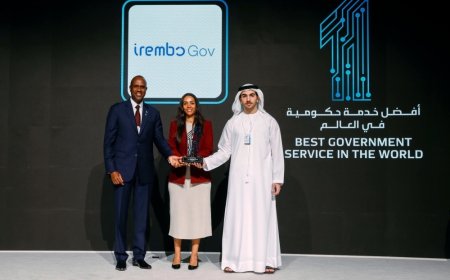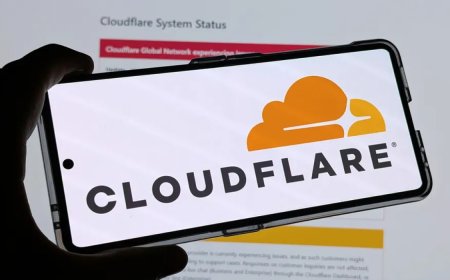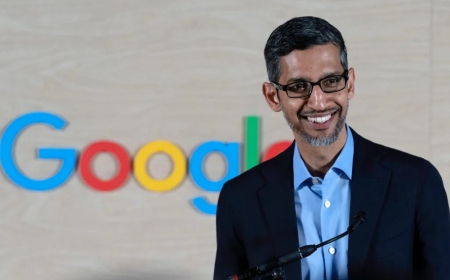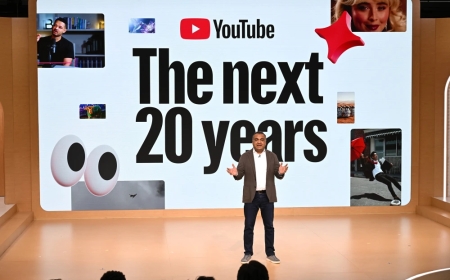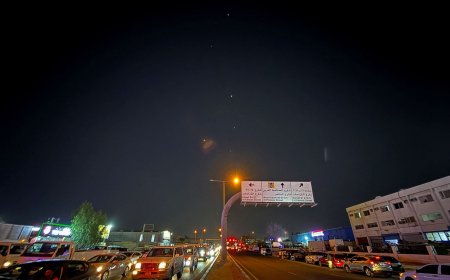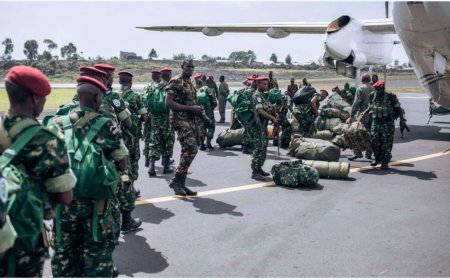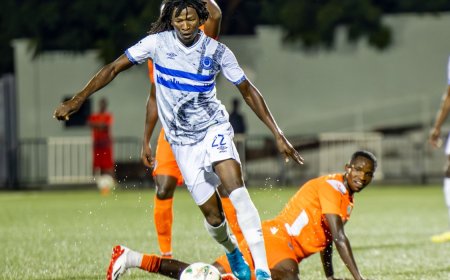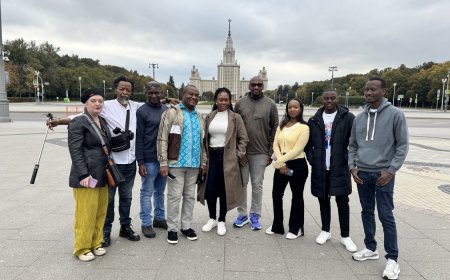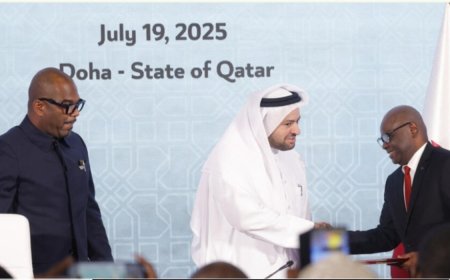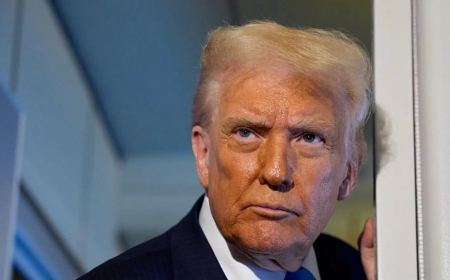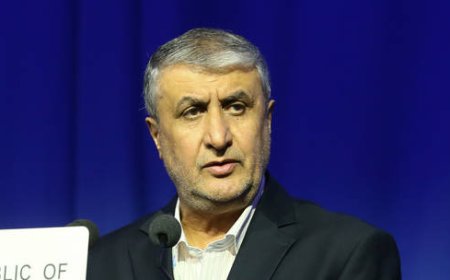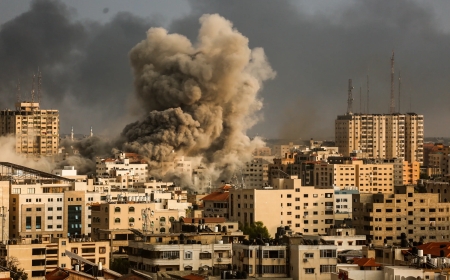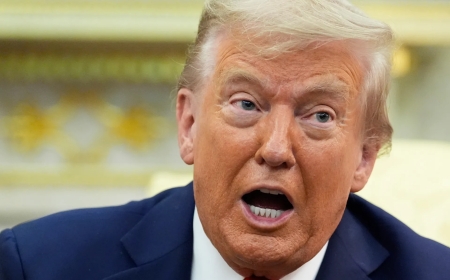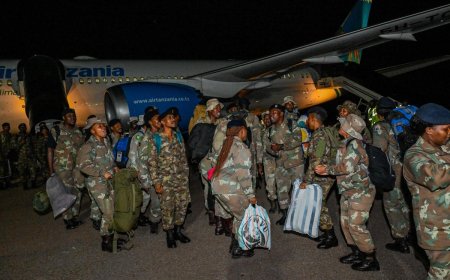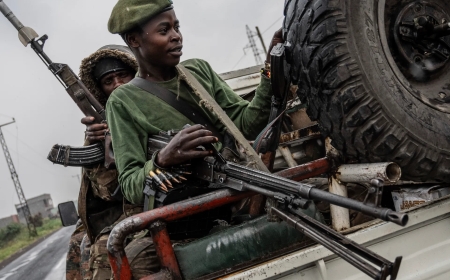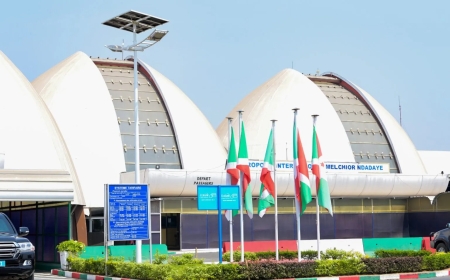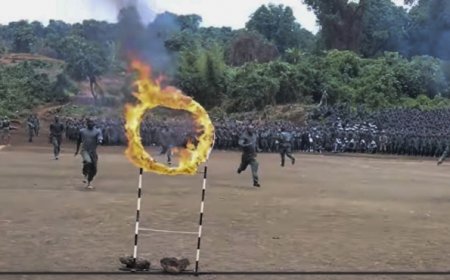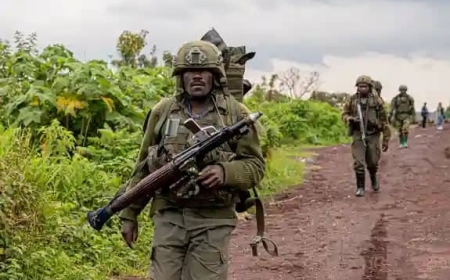M23 not covered by Rwanda-DRC joint security mechanism
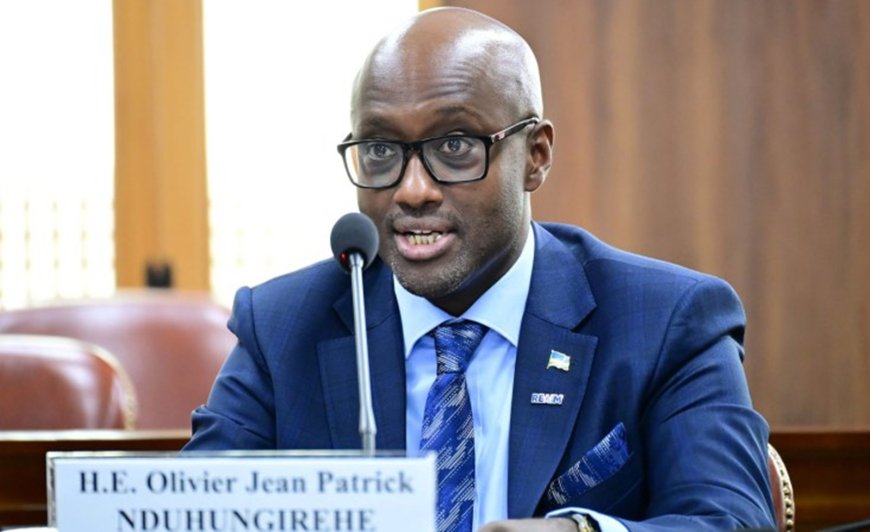
Rwanda’s Minister of Foreign Affairs and International Cooperation, Jean Patrick Olivier Nduhungirehe, has refuted claims by the Democratic Republic of Congo (DRC) government that the newly established Joint Security Coordination Mechanism (JSCM) will target the M23 rebel group.
Speaking in Kigali, Minister Nduhungirehe emphasised that the JSCM is a special bilateral mechanism between Rwanda and DRC with a specific mandate to eliminate the genocidal militia Forces Démocratiques de Libération du Rwanda (FDLR) and to remove Rwanda’s defensive security measures, once that threat is neutralised.
“I remind everyone that JSCM is a unique bilateral framework between DRC and Rwanda, exclusively focused on permanently dismantling FDLR and removing Rwanda’s defensive measures,” said Nduhungirehe.
His comments came in response to Patrick Muyaya, DRC’s Government Spokesperson and Minister of Communication and Media, who told Top Congo Radio that JSCM would oversee the withdrawal of M23 rebels. Minister Nduhungirehe dismissed these statements as deliberate misinformation.
“These are lies to mislead Congolese citizens. The Government Spokesperson is used to such misinformation… AFC/M23 is not covered by this bilateral mechanism,” Nduhungirehe stated.
Signed Mandate Targets FDLR Only
The JSCM was established following agreements signed between Rwanda and DRC on 27 June 2025, building on the Military Concept of Operations (CONOPS) framework agreed in Luanda, Angola, in late 2024. The CONOPS specifically mandates the eradication of the FDLR, classified as a terrorist group responsible for the 1994 Genocide against the Tutsi in Rwanda.
The JSCM will comprise representatives from both countries’ military, intelligence, and foreign affairs sectors. Its responsibilities include identifying, analysing, and locating FDLR elements to facilitate their total elimination. Additionally, it will oversee the implementation journey of CONOPS, coordinate intelligence gathering and sharing, and monitor FDLR activities on Congolese territory.
M23 Issue to be Addressed through Dialogue
Minister Nduhungirehe reiterated that the issue of AFC/M23 would be addressed separately through dialogue aimed at resolving the root causes of the conflict, as outlined in the Doha Principles signed earlier this year.
“The AFC/M23 issue will be resolved through dialogue, addressing the fundamental causes of the conflict to restore state authority. This is clearly stated in the Doha Principles,” he said.
Political analysts have warned that DRC’s persistent narrative linking Rwanda to M23 hinders sustainable peace efforts in Eastern Congo. Muyaya has frequently referred to Rwanda as “the parent of M23,” framing the issue as Rwanda’s responsibility, a stance analysts say distracts from addressing the local drivers of instability.
The Refugee Context
Many M23 members are Congolese Tutsi who fled ethnic persecution, and Rwanda has hosted over 130,000 Congolese refugees for more than 25 years. Analysts note that as long as hate speech, ethnic discrimination, and FDLR influence persist within DRC governance structures, durable peace in the region remains elusive.
Recent Peace Efforts
Hope for renewed peace rose on 18 February when Presidents Paul Kagame of Rwanda and Felix Tshisekedi of DRC met in Doha, Qatar. Their discussions paved the way for the June 27 peace framework signed under US facilitation, following preliminary principles signed on 25 April 2025.
Further, direct talks between AFC/M23 and the DRC government on 18 and 23 April led to the signing of preliminary principles on 19 July 2025, laying the groundwork for comprehensive peace agreements.
